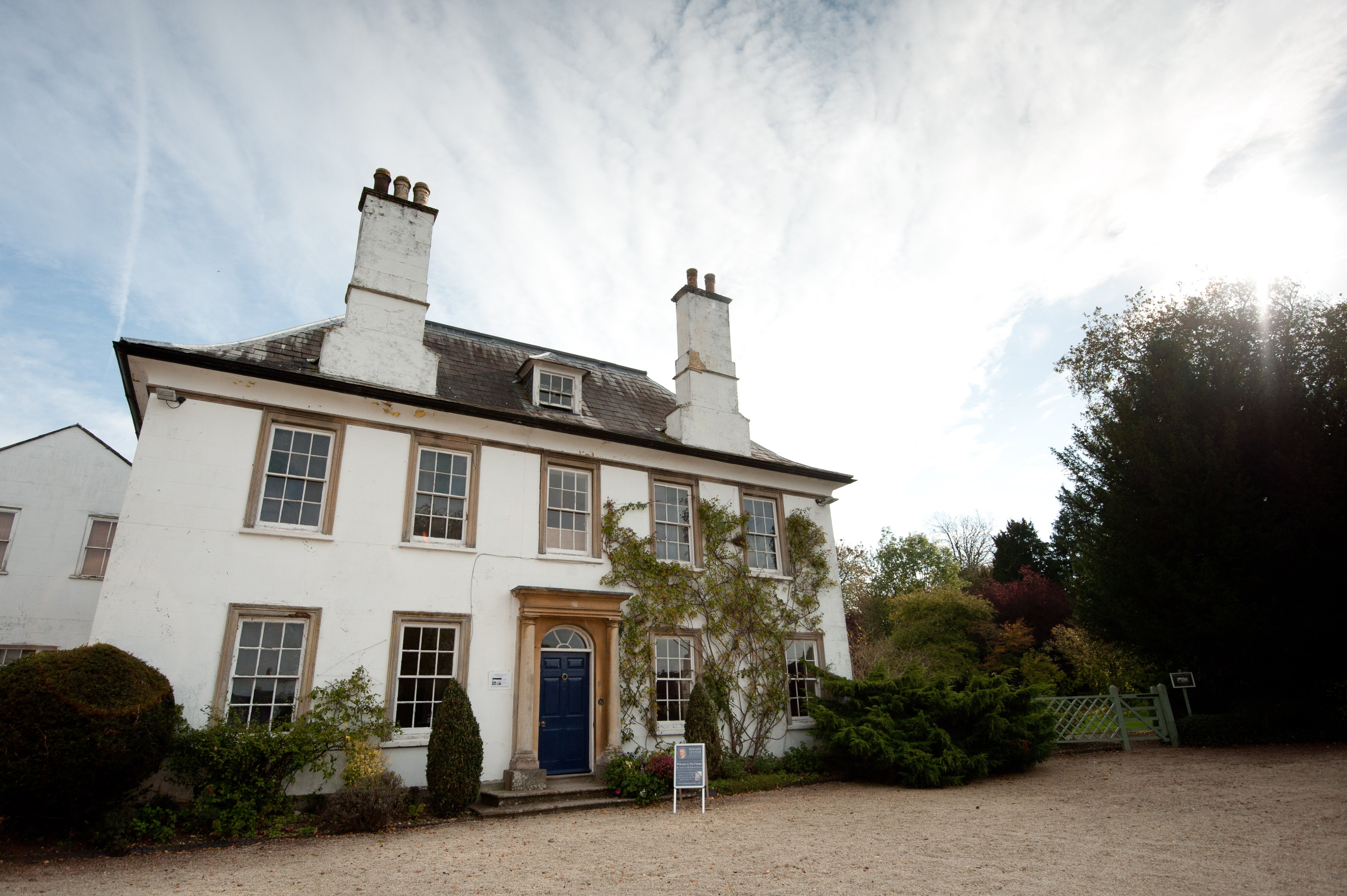Dr Edward Jenner, the Berkeleys and the Cravens
Dr Edward Jenner, from the portrait by William Smith that hangs in the Jenner Museum.
Dr Edward Jenner, the pioneering doctor who introduced vaccination to England in the 1780s, had a close connection with the Berkeley family, into which Elizabeth Craven was born. Jenner's father was the vicar of the parish of Berkeley in Gloucestershire which includes Berkeley Castle the ancestral home of the Earls of Berkeley. In her Memoirs, Elizabeth Craven describes how she nearly died of an illness in her late twenties, by fortunately Dr Edward Jenner was called, and his advice saved her life.
"Jenner, since so famed, and whose illustrious services to mankind ought to be immortalized, was at that time there, and came to pay his last respects to one, as he imagined, at the point of death, and for whom he had the sincerest regard. He had the courage to inform Lord Craven that my case was totally mistaken, and that it was owing to such a mistake that all the singular disorders which I had, had followed... He ordered me to be sent to Benham, where he came himself and attended me, till by his proper management I was in a fair way of recovery."

Jenner's House.
Jenner was interested in ways of preventing smallpox, the deadly and disfiguring disease that killed so many people and left others scarred for life. In desperation to avoid it, some people had introduced the dangerous practice of inoculation, whereby a person was infected with the live smallpox bacteria. The custom had been brought from Turkey by Lady Mary Wortley Montagu in the first half of the eighteenth century. In Gloucestershire, Jenner listened to folk wisdom that claimed that nobody who had ever had the milder disease called "cowpox", common among dairymaids and farm workers, would subsequently contract smallpox. He conducted an experiment to see if this was true. The way he conducted it could not be considered ethical today - using the child of a farm labourer as a guinea-pig - but luckily the child did not die. It is nowadays understood that the cowpox bacteria stimulated production of anti-bodies that protect against both diseases.
The portrait of Jenner by William Smith shows him standing in front of Berkeley Castle and a field of cattle - both significant in his career.

Elizabeth Craven's brother, George Cranfield Berkeley, was an influential patron of Jenner and when he became an MP he persuaded Parliament to give Jenner a special grant to pursue and apply his research into smallpox. This help enabled Jenner to take his work forward to the next stage - that of scientific recognition - and within twenty years the use of vaccination against smallpox was being widely adopted.
Elizabeth Craven's son William, Earl of Craven, was among the patrons of a London charity healthcare scheme called the General Dispensary for Inoculating and Administering Advice and Medicine Gratis to All the Infant Poor. Elizabeth’s four daughters were all subscribers to this scheme, and they got their enthusiasm for vaccination from their mother, and their uncle George.
By the middle of the 20th century, smallpox had been eradicated world-wide. Jenner's house in Berkeley, Gloucestershire, is now a museum, but it is struggling to survive. As a result of the quarantine restrictions imposed because of Covid-19 it cannot receive any visitors and so it has no income!
This worthy museum deserves to stay afloat, so if you can afford to help it, please donate to its current crowd-funding appeal.
https://www.crowdfunder.co.uk/drjennershouse
https://edition.cnn.com/travel/article/dr-jenners-house-coronavirus-trnd/index.html





Comments
Post a Comment